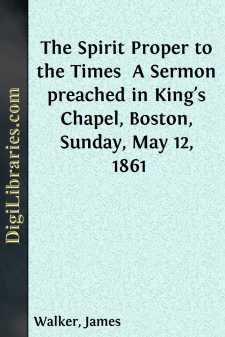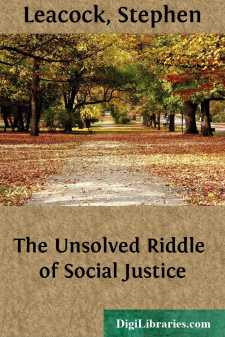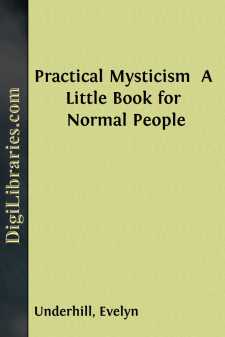Categories
- Antiques & Collectibles 13
- Architecture 36
- Art 48
- Bibles 22
- Biography & Autobiography 813
- Body, Mind & Spirit 141
- Business & Economics 28
- Children's Books 12
- Children's Fiction 9
- Computers 4
- Cooking 94
- Crafts & Hobbies 4
- Drama 346
- Education 46
- Family & Relationships 57
- Fiction 11826
- Games 19
- Gardening 17
- Health & Fitness 34
- History 1377
- House & Home 1
- Humor 147
- Juvenile Fiction 1873
- Juvenile Nonfiction 202
- Language Arts & Disciplines 88
- Law 16
- Literary Collections 686
- Literary Criticism 179
- Mathematics 13
- Medical 41
- Music 40
- Nature 179
- Non-Classifiable 1768
- Performing Arts 7
- Periodicals 1453
- Philosophy 64
- Photography 2
- Poetry 896
- Political Science 203
- Psychology 42
- Reference 154
- Religion 513
- Science 126
- Self-Help 83
- Social Science 81
- Sports & Recreation 34
- Study Aids 3
- Technology & Engineering 59
- Transportation 23
- Travel 463
- True Crime 29
Golden Steps to Respectability, Usefulness and Happiness
Categories:
Description:
Excerpt
LECTURE I.
The Value of a Good Reputation.
"Laying up in store for themselves a good foundation against the time to come."—1 Tim. vi. 19.
n this language St. Paul asserts a principle which should commend itself to the mature consideration of every youthful mind. If the young would have their career honorable and prosperous—if they would enjoy the respect and confidence of community; if they would have the evening of their days calm, serene, and peaceful—they must prepare for it early in life. They must lay "a good foundation against the time to come"—a foundation which will be capable of sustaining the edifice they would erect. The building cannot be reared in strength and beauty, without it rests on a secure "corner-stone." The harvest cannot be gathered unless the seed is first cast into the ground. A wise Providence has so ordered it that success, prosperity, and happiness through life, and a respected and "green old age," are to be enjoyed only by careful preparation, prudent forecast, and assiduous culture, in the earlier periods of our existence.
"True wisdom, early sought and gained,In age will give thee rest;
then improve the morn of life,
To make its evening blest."
The youthful live much in the future. They are fond of gazing into its unknown depths, and of endeavoring to trace the outline, at least, of the fortunes that await them. With ardent hope, with eager expectation, they anticipate the approach of coming years—confident they will bring to them naught but unalloyed felicity. But they should allow their anticipations of the future to be controlled by a well-balanced judgment, and moderated by the experience of those who have gone before them.
In looking to the future, there is one important inquiry which the young should put to their own hearts:—What do I most desire to become in mature life? What position am I anxious to occupy in society? What is the estimation in which I wish to be held by those within the circle of my acquaintance?
The answer to these inquiries, from the great mass of young people, can well be anticipated. There are none among them who desire to be disrespected and shunned by the wise and good—who are anxious to be covered with disgrace and infamy—who seek to be outcasts and vagabonds in the world. The thought that they were doomed to such a condition, would fill them with alarm. Every discreet youth will exclaim—"Nothing would gratify me more than to be honored and respected, as I advance in years; to move in good society; to have people seek my company, rather than shun it; to be looked up to as an example for others to imitate, and to enjoy the confidence of all around me."
Is not his the desire of the young of this large audience? Surely there can be none here so blind to the future, so lost to their own good, as to prefer a life of infamy and its ever-accompanying wretchedness, to respectability, prosperity, and true enjoyment? But how are these to be obtained? Respectability, prosperity, the good opinion of community, do not come simply at our bidding....










